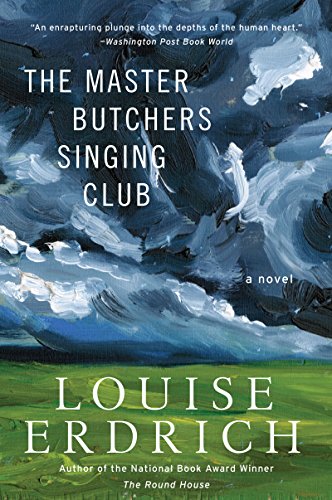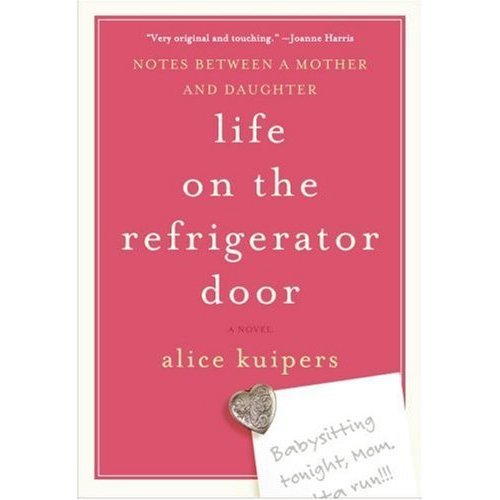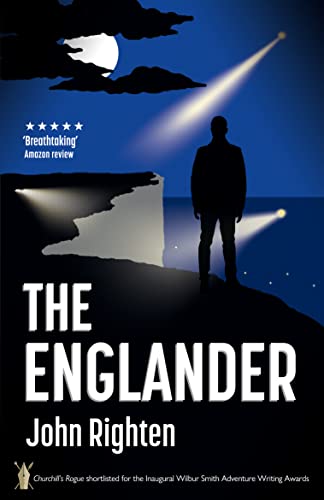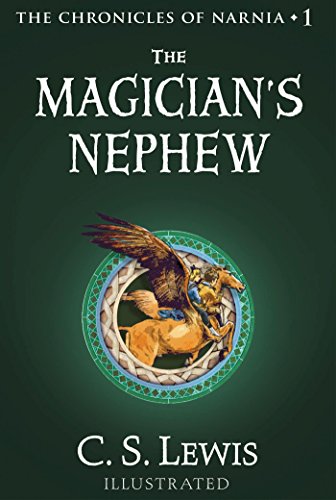By Stephen Windwalker
Originally posted February 18, 2010 – © Kindle Nation Daily 2010
Kindle owners — especially those who read a lot on their Kindles — skew older and more female than many gadgets, but there are also a lot of kids reading ebooks on those same Kindles.
More from the 1,892 individuals who responded to the Winter 2010 Kindle Nation Citizen Survey February 6-13:
- 55.9% identified themselves as female, and 42% as male, which suggests that for 2.1% gender information is handled on a “need to know” basis
- Less than 0.5% are under 25, compared with 38.7% aged 25-54 and 59% aged 55 or older
- Just over 4% said they were not U.S. residents, a significant number which of course reflects the growth of the international Kindle in recent months
- Among the 412 respondents who became Kindle owners since December 2009, twice as many (8.2%) said they were not U.S. residents
So, it’s no surprise that Kindle owners, and Kindle Nation citizens in particular, skew toward mature women. Although it is common to think of men, and of younger people, as being more likely to own gadgets, we have been saying all alone that the Kindle is a special kind of gadget, purpose-built for readers rather than gadget heads.
I suspect that the gender and age breakdown in terms of actual ownership of a Kindle may be spread more evenly, but there is a difference between Kindle ownership and active or voracious reading of Kindle content. Regardless of gender or age, the people most likely to read Kindle Nation Daily posts and to be socially engaged enough in the process to participate in our survey are probably more likely to active and voracious readers of Kindle content than the broader population of Kindle owners, some small number of whom may have cut way back on their Kindle use since making an initial novelty purchase.
None of this is intended to undercut the significance of the views expressed by Kindle Nation citizens in the survey, but it does seem fair to suggest more or less hypothetically that if, say, the gender breakdown among all who purchase and own a Kindle is roughly 50-50, I should not be the least bit surprised if the statistical breakdown of gender for anyone buying a Kindle book, or for those reading this post or any of our Kindle nation Daily Free Book Alerts, is more along the lines of 57-43 favoring women.
And mature women at that.
At first it may seem like contradictory information, in light of the age breakdown noted above, that 5 of the top 57 bestsellers in the Kindle Store right now are the titles included in popular tweener author Rick Riordan’s Percy Jackson and the Olympians series, which among other things happens to by my 11-year-old son Danny’s favorite fiction series. Given that none of the 5 titles is currently free, this really means that the 5 titles are all among the top 20 non-free titles in the Kindle Store, which amounts to bestseller list hegemony similar to that experienced by vampire-fiction novelist Stephanie Meyer back in 2008-2009.
But rather than being a contradiction, it points us to an interesting new trend in the way people are using their Kindles:
A 12-year-old may be reading the latest Percy Jackson saga before or after school, then turning the Kindle over to his Mom when she gets home so she can finish reading the latest from Elizabeth Gilbert or Kristin Hannah. If both parties happen to have overlapping time available for reading, there’s always the possibility of switching to reading on another device with the Kindle for iPhone/iPod Touch/PC/Blackberry Apps. Occasionally, of course, multiple members of the same household or Kindle-sharing group will read the same books, newspapers, magazines, or blogs, and save on the price just as they would with a print edition. And all of this will work in just about any household regardless of how you define “family.”
Click here to see complete, detailed results of the survey, and keep your dial tuned to Kindle Nation Daily — here on the web or here to have posts pushed directly to your Kindle — for ongoing breakdowns of the significance of the survey results.
Additional Survey Results, coming soon:
- What If Big Six Market Share Leader Random House Breaks Ranks with the Apple Five? Likely Kindle Owner Buying Behavior at Strategic Price Points
- Kindle Features: Past, Present, and Possible
- Prospects for Competition and Co-existence Among the Kindle, iPad, and Other Devices
- Kindle Owner Demographics
- How Many Devices in a Kindle Household?
- Bezos’ Nightmare: 20-20 Hindsight on Amazon’s 2003 Decision to Begin Development of the Kindle
















